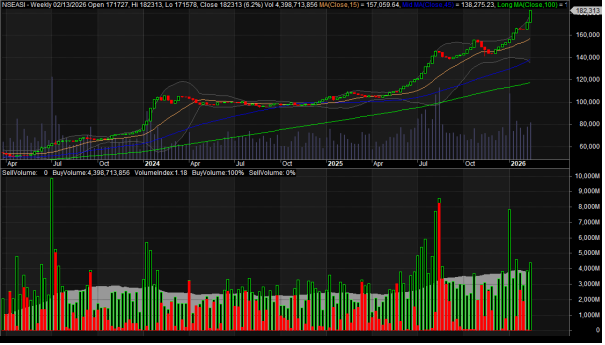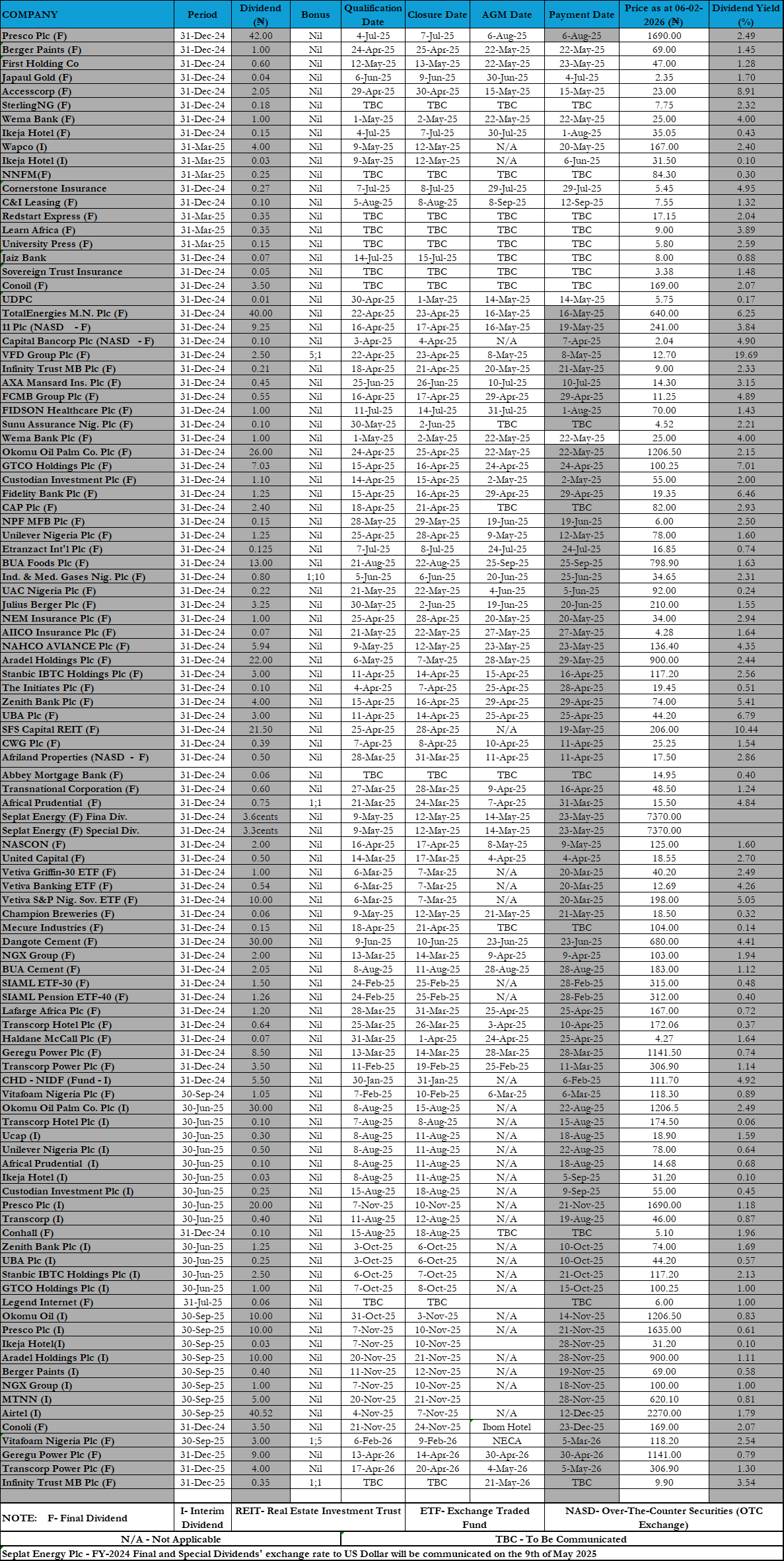Ahead of reported plans by the Federal government to list the Nigerian National Petroleum Corporation (NNPC) on the Nigerian Stock Exchange after concluding ongoing reforms of the nation’s petroleum sector, as revealed by the draft national oil policy the Nigerian Extractive Industry Transparency Initiative (NEITI) has reiterated the need for state-oil behemoth to intensify work on production of its 2015 audited annual report, 12 months already into another year.
The report titled: “Review of NNPC’s monthly financial and operation reports” the joint effort of NEITI and BudgIT, a non-government organization engaged in transparency in government activities, reminded that this is a requirement of the corporation’s enabling Act.
“We also observe that as at November, this Annual Report is yet to be published,” NEITI and BudgIT added in the joint report dated December 2016 and released on Wednesday.
In the Draft National Oil Policy 2016, released alongside the Draft National Policy on Gas, three sectors in Nigeria’s economy – power, transportation, and industries – will be the key drivers of its new policy on gas.
According to the draft oil policy, a newly formed corporation could sell stakes so long as the government shareholder retains effective control and ownership, just as the NNPC becomes more as a private entity with less of official bureaucracies.
The draft oil policy stated: “The NNPC will be made autonomous from the state, it will relinquish all its policy making and regulatory activities, and it will be treated on an equal basis with private sector operators for projects.”
“NNPC will also be restructured into five autonomous profit centre subsidiaries so that the value of separate activities can be realised and operational efficiencies can be introduced,” it added.
The NEITI-BudgIT report once more also challenged the NNPC to collaborate with International Oil Companies to undertake “Value–For-Money Audit on all the Federation’s Joint Ventures with a view to (ensure) business process improvement on projects execution.
“We do not know if this is already being done but again, we urge NNPC to focus resources to get this achieved,” just as it reminded it of the need to develop and index that would continuously help measure progress in improving its transparency and public accountability.”
NEITI said it “is particularly interested in NNPC delivering on these commitments to further promote openness , transparency and accountability in the nation’s extractive industry.”
NNPC was also challenged on the need to continue the review of existing Production Sharing Contracts and collaborate with IOCs for a Value-For-Money audit of all Joint Venture Contracts to ensure more favourable terms, while improving revenue accruable to the Federation Account.
According to the joint report, in the 21 months between January 2015 and September this year, noted that of this amount, oil lifted for domestic use got the lion’s share of $11.57 billion or 55.27 per cent
The report also showed that while over 500,000 barrels per day was lost to activities of pipeline vandals and oil thieves in May 2016 alone, just as on the average, “the nation’s refineries are operating below 10% of their installed capacities.
“This has led to a situation where most of the crude oil lifted by NNPC for domestic use is exported in order to import refined petroleum products.
“Also, the reports show that NNPC Group has been perpetually making losses. The bulk of crude oil export receipts are remitted to settle Joint Venture Cash Call obligations.”
The report said NNPC lifted crude oil valued at $20.93 billion between January 2015 and September 2016, on behalf of government, out of which only 9.74 per cent of total 245.4 million barrels of crude oil lifted for domestic use was delivered to the nation’s refineries, with “the remaining were exported for a variety of uses.













